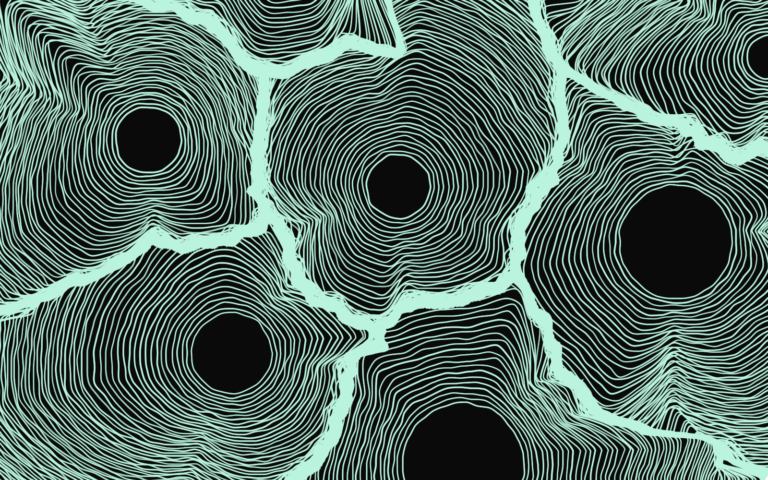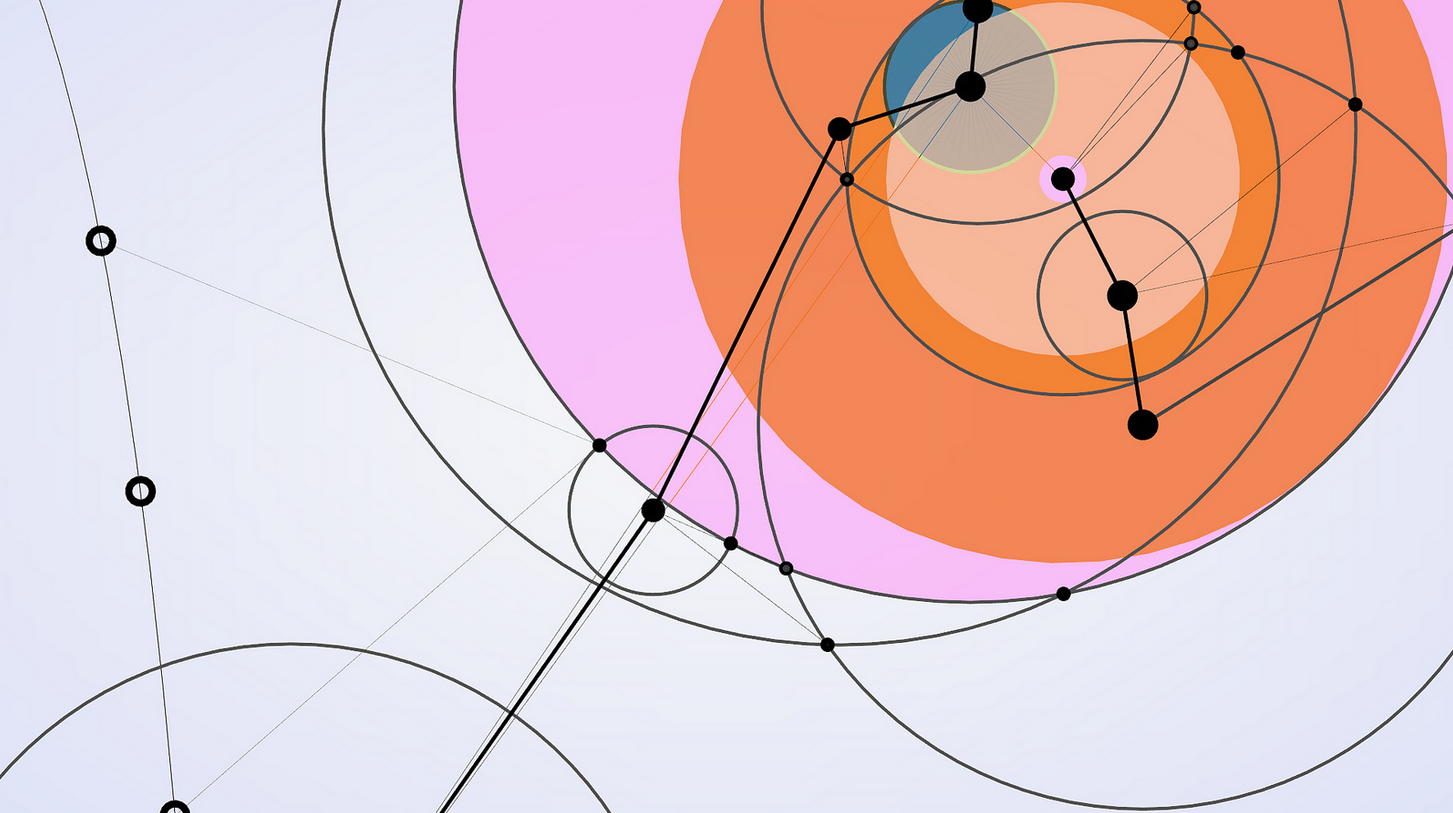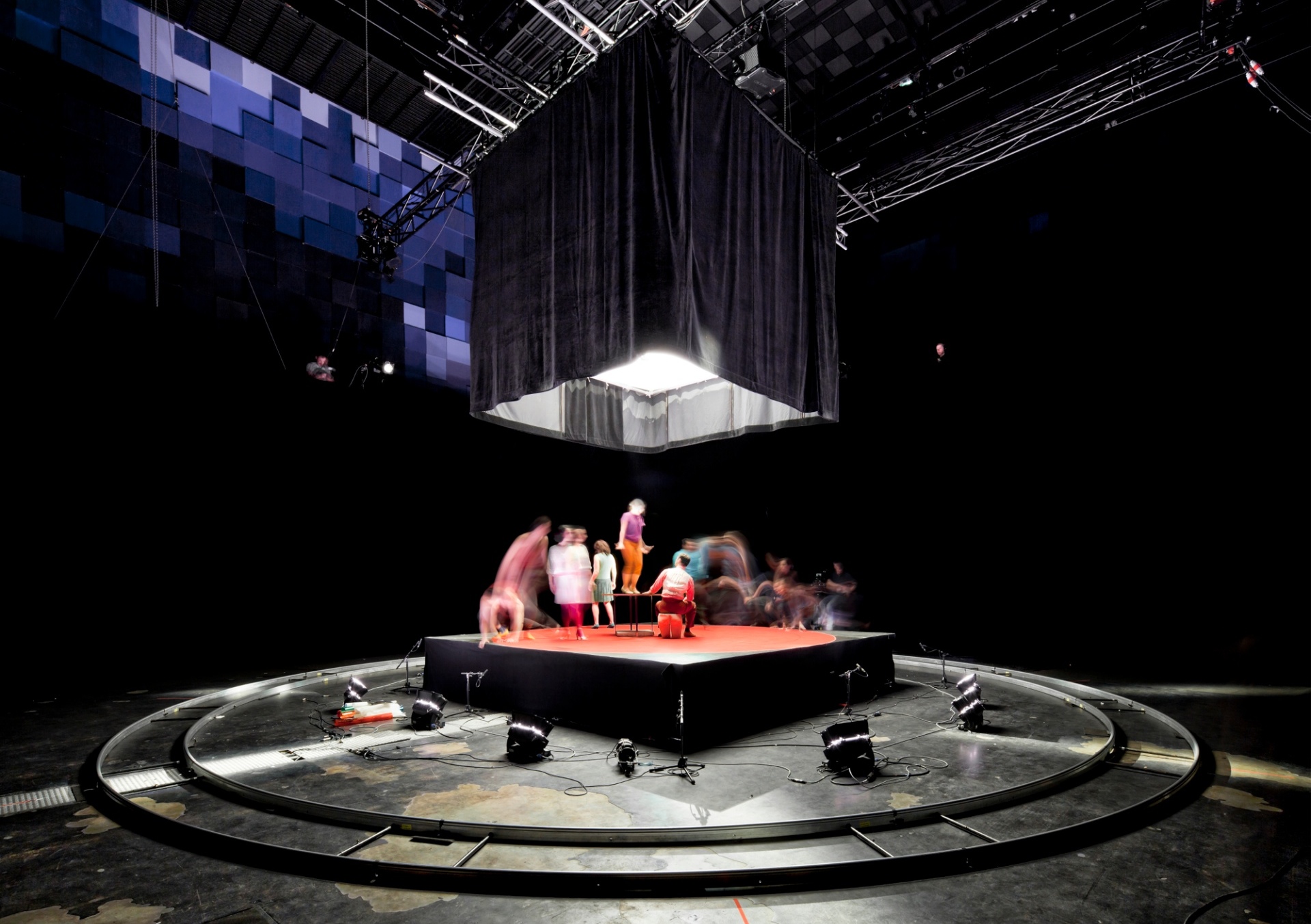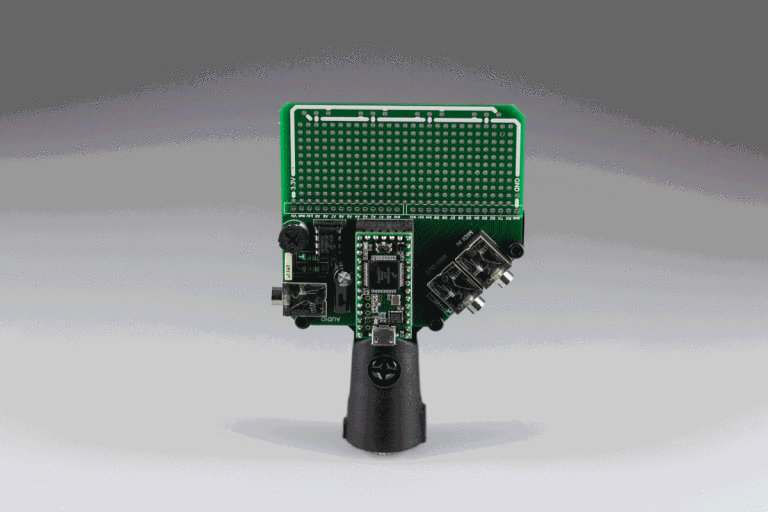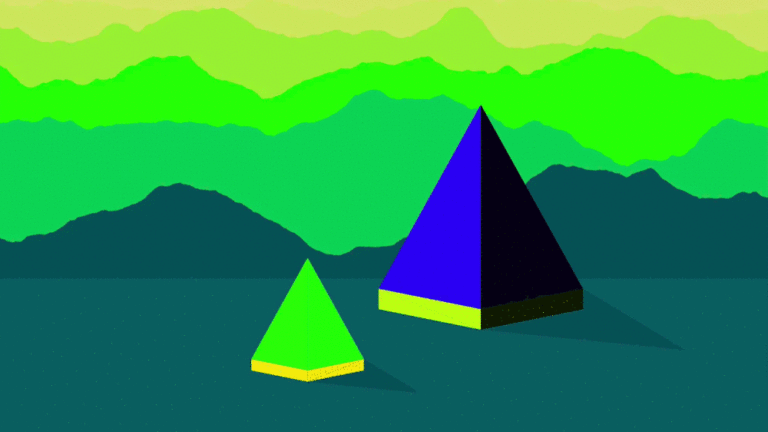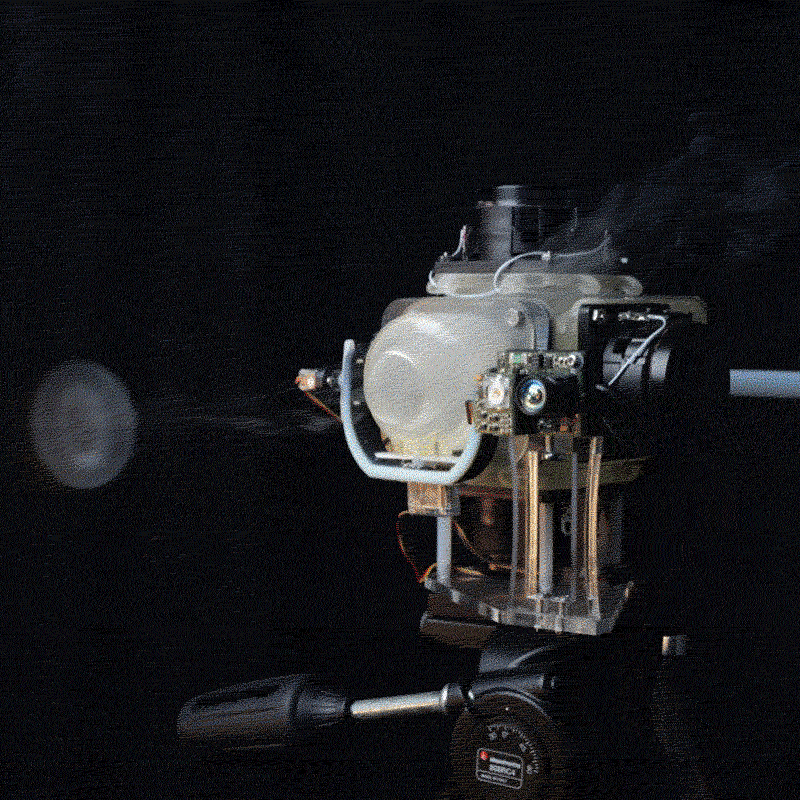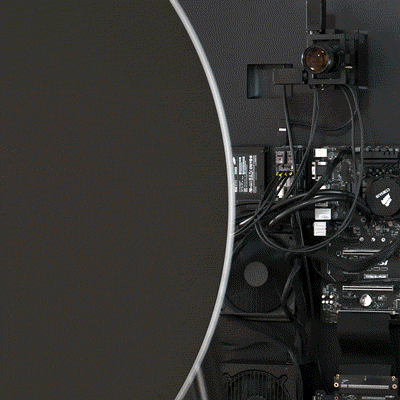- Agoston Nagy
- Dotwork #1
- → Permalink [CAN] / Marketplace [fxhash]
- Description
A Cellular Dice Piece Computational modeling is the use of computers to simulate and study complex systems using mathematics, physics and computer science. A computational model contains numerous variables that characterize the system being studied. Simulation is done by adjusting the variables alone or in combination and observing the outcomes. Computer modeling allows scientists to conduct thousands of simulated experiments by computer. The thousands of computer experiments identify the handful of laboratory experiments that are most likely to solve the problem being studied. Today's sociocultural discourse might obscure the fact that humanity has been using artificial modeling techniques since ancient times. Permutations, calculus, algorithms are not exclusive to our time, but these are ubiquituous methods that can be found in many cultural entities where members of the community progress and develop their environment through cooperative decisions and consensus. Since computers were not available in the past, calculation methods, application of chance, randomness and probability were performed using other methods, like dices, sticks, cards, weather, rituals or other manifestations. Dice are small, throwable objects with marked sides that can rest in multiple positions. They are used for generating random numbers, commonly as part of tabletop games, including dice games, board games, role-playing games, and games of chance. A traditional die is a cube with each of its six faces marked with a different number of dots (pips) from one to six. When thrown or rolled, the die comes to rest showing a random integer from one to six on its upper surface, with each value being equally likely. These tools were often used when a decision required to outsource human subjective elements into an objective environment. Divination can be seen as a systematic method with which to organize what appears to be disjointed, random facets of existence such that they provide insight into a problem at hand. If a distinction is to be made between divination and fortune-telling, divination has a more formal or ritualistic element and often contains a more social character, usually in a religious context, as seen in traditional African medicine. Divination has long been criticized. In the modern era, it has been dismissed by the scientific community and skeptics as being superstitious; experiments do not support the idea that divination techniques can actually predict the future more reliably or precisely than would be possible without it. This idea is especially adaptable to the data driven belief systems of our time, where human decision making involves trust in omnipresent although obscure and biased artificial intelligence, esoteric pattern analysis, DIY heuristics, magic numbers among others. Press 'h' to switch between high/low resolution pixel density (set to low for mobiles) Touch to listen
- → metadata / artifactUri / displayUri

